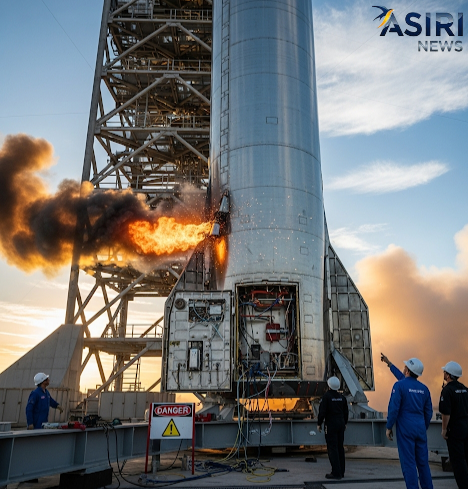In a move that could redefine the global technology landscape, OpenAI is reportedly in discussions for a secondary share sale that could value the company at an unprecedented $500 billion. If finalized, this valuation would make the artificial intelligence firm the most valuable private company in the world, surpassing even Elon Musk’s SpaceX. The proposed deal, which would allow current and former employees to sell their shares, underscores the insatiable investor appetite for AI and the astronomical growth of the sector.

The discussions come on the heels of impressive financial milestones for OpenAI. The company’s annualized revenue run rate has reportedly climbed to $13 billion, a significant jump from its $4 billion revenue in 2024. This rapid revenue growth is primarily driven by the runaway success of its flagship product, ChatGPT, and its expanding portfolio of enterprise services. The company now boasts over 5 million paying business users and has secured a major investment from SoftBank, which committed to a $40 billion funding round at a previous valuation of $300 billion. The new share sale, however, aims to solidify a much higher valuation that reflects the company’s explosive growth and market dominance.
Despite the impressive numbers, critics are sounding the alarm, cautioning that the valuation is not without significant risks. The most prominent concern is the company’s profitability, which is severely challenged by the massive costs required to run its operations. It is estimated that OpenAI’s infrastructure and operating costs could reach an eye-watering $8 billion in 2025. These expenses are primarily driven by the vast computing power required to train and run its large language models, particularly the cost of purchasing and operating high-end GPUs from companies like Nvidia.
The company’s valuation race is a potent symbol of the current AI boom, but it also raises critical questions about the market’s rationality and the sustainability of this growth. While some investors are betting that OpenAI can leverage its first-mover advantage and massive user base to achieve long-term profitability, others fear that the market is in the midst of a speculative bubble. As OpenAI continues to expand its enterprise services and pursue ambitious projects like its Stargate supercomputing initiative, the company faces the dual challenge of sustaining its revenue growth while simultaneously reining in its immense operational costs.



